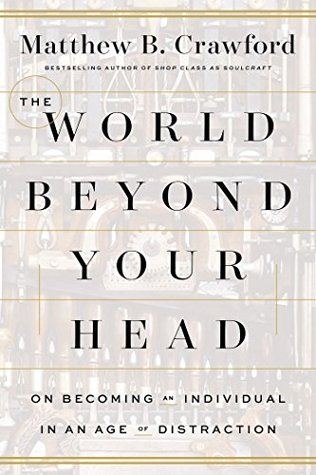Moments of attending to the world are separable from the moment of moral choice, and indeed the freedom of the will depends on such separation. Experience is always contingent and particular, and for that reason “unfitted to serve as a ground of moral laws. The universality with which these laws should hold for all rational beings without exception … falls away if their basis is taken from the special constitution of human nature or from the accidental circumstances in which it is placed.” To be rational is, for Kant, precisely not to be situated in the world.5
Welcome back. Just a moment while we sign you in to your Goodreads account.


